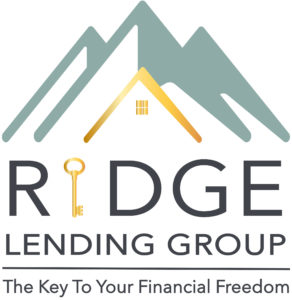As urban centers evolve and adapt to new economic and social dynamics, significant opportunities are emerging for real estate investors in urban redevelopment. This sector not only presents the potential for robust returns but also plays a crucial role in revitalizing communities and catering to modern urban dwellers’ preferences. This article delves into the increasing trend of urban redevelopment and how investors can strategically engage to maximize their returns.
Urban Transformation Trends: The Shift Towards Mixed-Use Developments
Changing work patterns, demographic shifts, and a growing preference for mixed-use developments are reshaping urban landscapes. The integration of residential, commercial, and leisure spaces into single developments is becoming increasingly popular. These projects appeal to a broader demographic, including millennials and Gen Z, who favor environments where they can live, work, and play. Urban areas such as Atlanta and Philadelphia are leading the way in this transformation, with developments designed to enhance community engagement and sustainability .
Economic Incentives: Fueling the Redevelopment Drive
Urban redevelopment projects often benefit from various economic incentives that make them attractive investment opportunities. Tax incentives, grants, and special financing options are available to developers committed to urban revitalization. For instance, Opportunity Zones offer tax advantages to investors in designated areas, providing a significant boost to potential profitability. Understanding these incentives and incorporating them into investment strategies is crucial for maximizing the financial returns of redevelopment projects .
Case Studies: Success Stories in Urban Redevelopment
Several urban redevelopment projects across the United States have transformed neighborhoods and delivered substantial returns to investors. For example, the revitalization of downtown Kansas City has turned previously neglected areas into vibrant hubs of activity, significantly increasing property values and attracting new businesses and residents. Similarly, the redevelopment of San Francisco’s Mission Bay area has successfully blended residential, commercial, and educational spaces, creating a dynamic and thriving community .
Risk and Reward: Assessing Investment Opportunities
While the potential rewards of investing in urban redevelopment are high, these projects also come with unique challenges. Regulatory hurdles, market volatility, and higher initial investment costs can pose risks. Investors need to conduct thorough due diligence, including market analysis, feasibility studies, and regulatory compliance checks, to mitigate these risks. Engaging with experienced developers and leveraging strong public-private partnerships can also play a crucial role in navigating these challenges successfully .
Future Outlook: Sustainable Investment in Urban Landscapes
The future of urban redevelopment looks promising, with continuous innovation and a focus on sustainability. As cities strive to become more livable and environmentally friendly, redevelopment projects that incorporate green technologies and sustainable practices are expected to see increased demand. Investors who are able to anticipate and adapt to these trends will be well-positioned to benefit from the ongoing evolution of urban areas .
Conclusion
Urban redevelopment offers a compelling opportunity for real estate investors to contribute to community revitalization while achieving significant financial returns. By understanding the latest trends, leveraging economic incentives, and carefully managing risks, investors can successfully navigate this complex but rewarding field.
For those looking to dive into urban redevelopment or expand their real estate portfolios, Ridge Lending Group provides expert guidance and tailored financing solutions. Visit RidgeLendingGroup.com or call us at 1-855-747-4343 to start your application today and explore new investment opportunities with the support of seasoned professionals.


